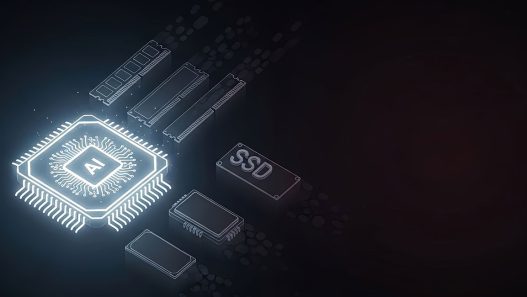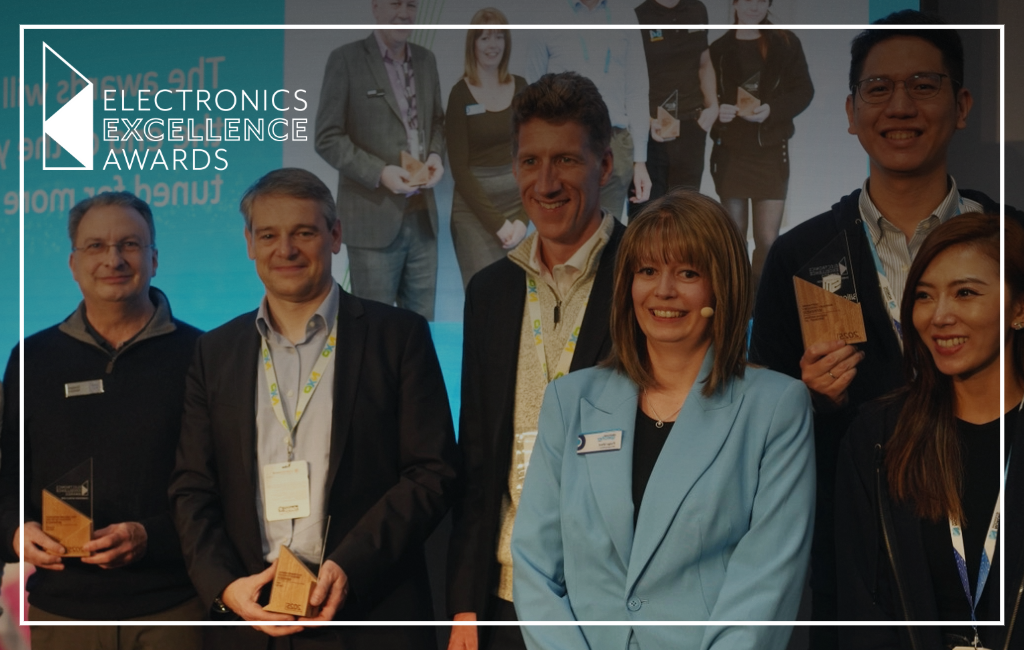This award aims to recognise and reward excellence in tackling deep tech training challenges in the framework of the EIT’s new programme set to skill one million people in deep tech fields until 2025.
Since being launched in October of last year, the EIT’s flagship programme, the Deep Tech Talent Initiative is in full swing, where the EIT’s Innovation Communities work together with a pledger community of industry partners and training providers to address Europe’s skills gap. Deep Tech innovations – cutting-edge technology solutions combining fields of science and engineering in the physical, biological, and digital spheres – are indispensable in creating solutions to the most pressing global challenges.
To award and recognise the existing contributions of training providers in deploying the most effective training programmes, the EIT is launching the Deep Tech Talent Training Prize. Training providers, employers, universities, and industry partners are encouraged to apply and showcase their exceptional contributions in tackling deep tech training challenges. Each award recipient will be awarded a maximum funding of €60,000.
Margaritis Schinas, Vice-President of the European Commission, said: “Europe needs a talent pool of specialised workers to keep up with the rapid advances of new technology, and harness their power for sustainable innovation. The European Institute of Innovation and Technology and its flagship programme will be instrumental in creating new training courses and building a network of existing training providers. We are committed to the most exceptional contributions in tackling deep tech training.”
Nektarios Tavernarakis, Chair of the EIT Governing Board, added: “The EIT Deep Tech Talent Initiative is a pivotal programme that recognises the need in Europe to accelerate the development of skills on new technologies that can help us solve major challenges. This prize recognises and praises the exceptional contributions of European organisations, such as universities, training providers, and companies, in tackling the challenges of deep tech training. By fostering collaboration and innovation, these entities are instrumental in ensuring that individuals from diverse backgrounds have access to excellent training opportunities.”
To be eligible for the Deep Tech Talent Training Prize, applicants must meet the Deep Tech Talent Initiative pledger criteria and have successfully completed the pledge registration and quality check of the training.
Organisations can apply in one of following two prize categories:
Partner Training
For consortia of at least two organisations which meet the pledger criteria and can demonstrate how their partnership, training, and results demonstrate excellence in addressing a deep tech training challenge.
Targeted Training
For individual training providers who have demonstrated excellence in a specific targeted approach to address challenges in deep tech training. Targeted approaches may address underrepresented audiences or specific market/training gaps, emphasising excellence in results and impacts. Examples include promoting inclusivity and sector-specific training needs.
The prize categories are further divided into pre-defined deep tech topic areas, which include among others, artificial intelligence, cybersecurity, cleantech, advanced/quantum computing, advanced manufacturing, aerospace, automotive, and remote sensing.
Organisations are encouraged to read the full call text and documents available on the EIT Deep Tech Talent Initiative website. Applicants must submit the required documents, including the application form, pitch deck, and a 1-2-minute video pitch, through the online submission platform by the prize deadline, 31 October 2023.















